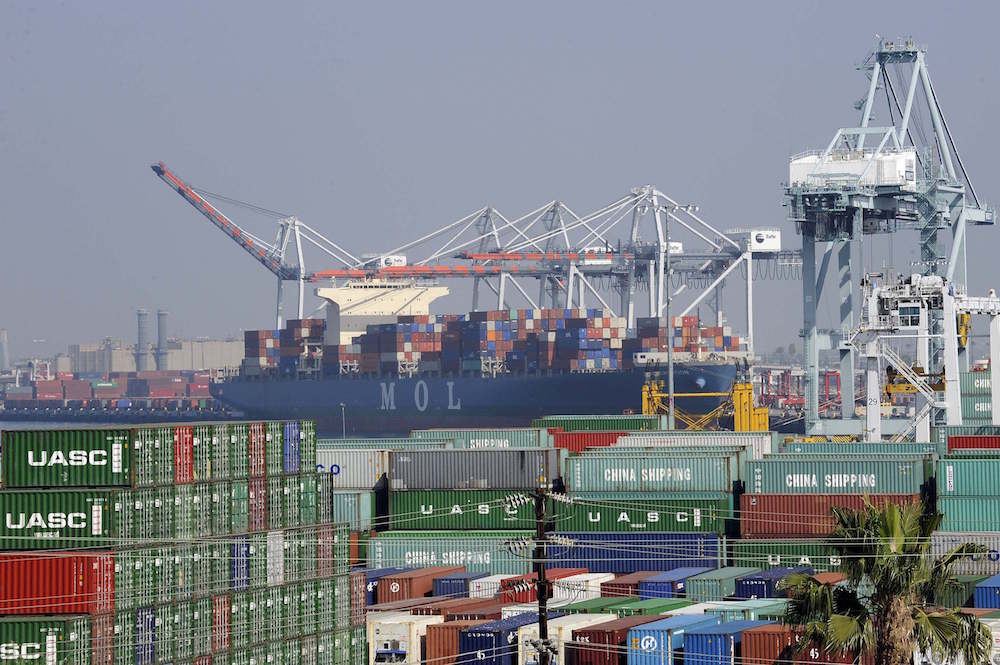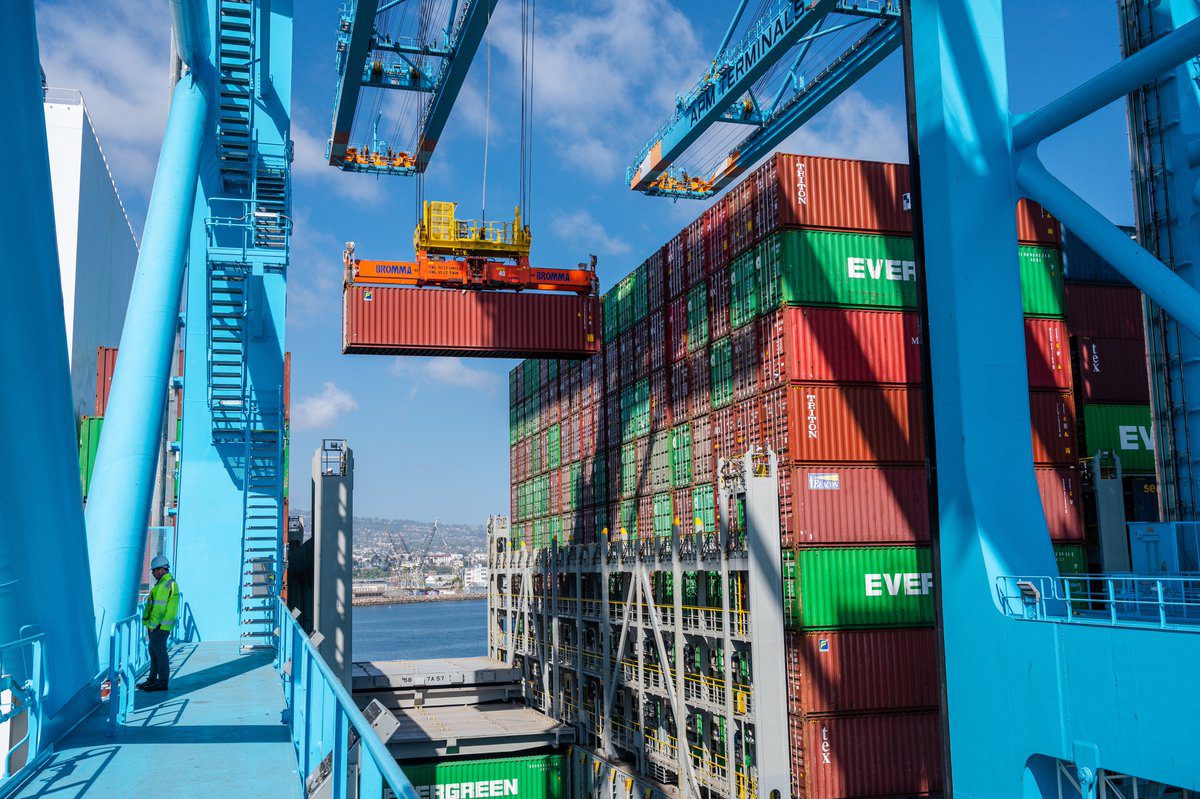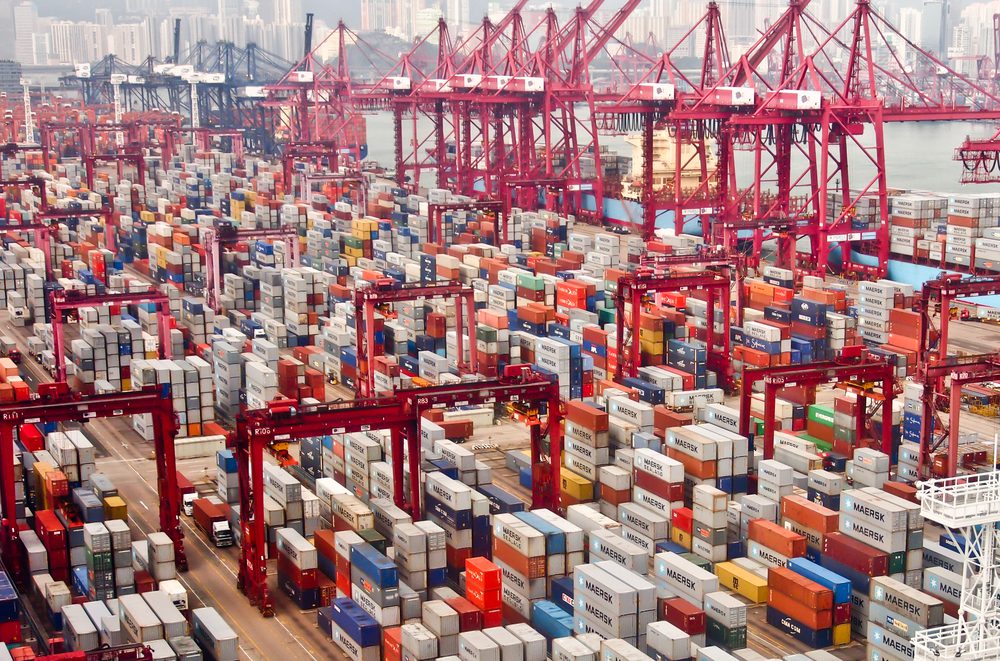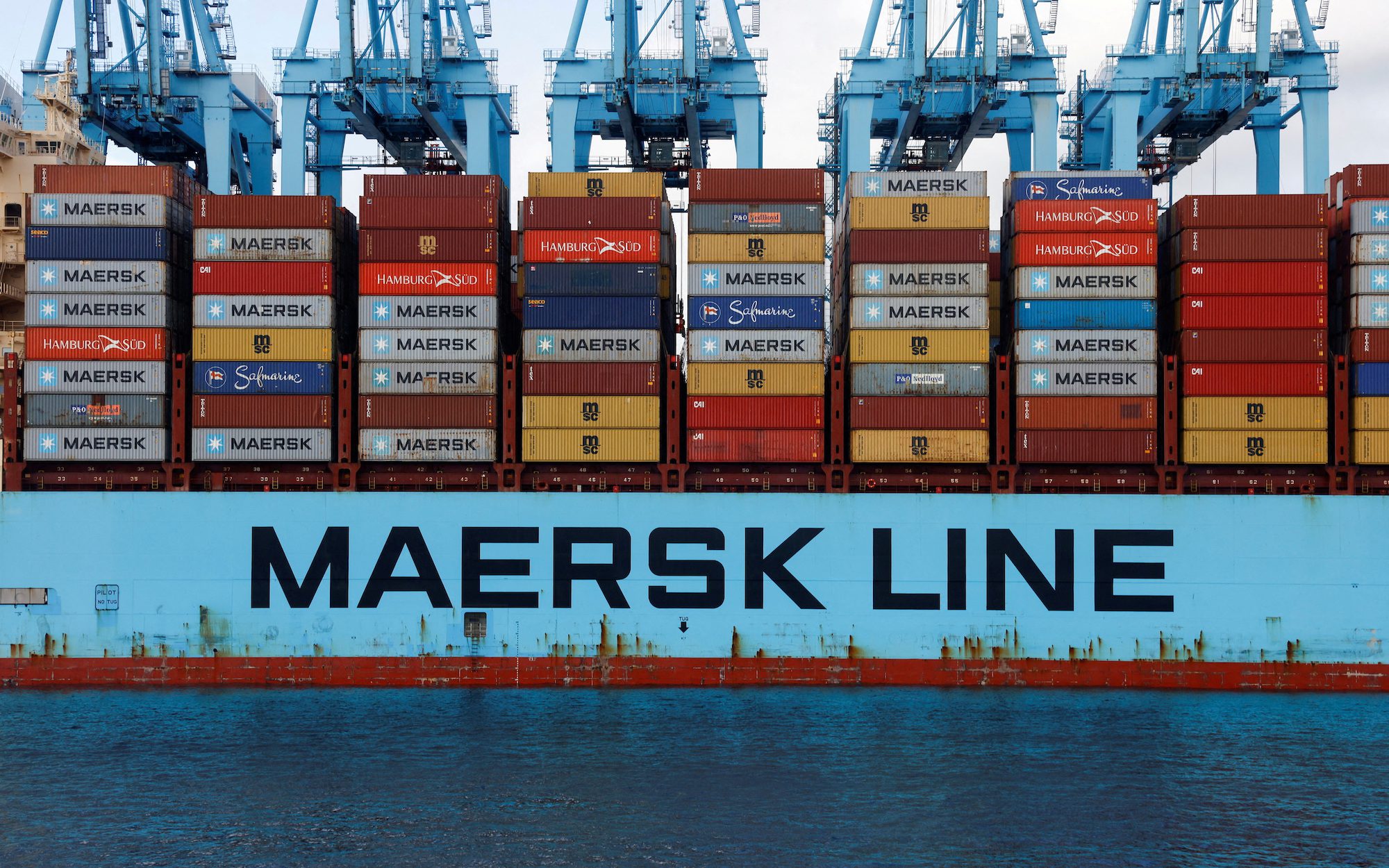Cargo containers sit idle at the Port of Los Angeles as a back-log of over 30 container ships sit anchored outside the Port in Los Angeles, California, February 18, 2015. REUTERS/Bob Riha, Jr.
By James Nash
(Bloomberg) — Negotiators in the nine-month standoff at U.S. West Coast ports are discussing Labor Secretary Tom Perez’s proposal to end a contract stalemate, after Perez told both sides he would move talks to Washington if dockworkers and their employers can’t settle their differences.
Perez gave the dockworkers’ union and shipping lines and terminal operators at 29 West Coast ports until the end of Friday to respond to a proposed contract settlement and make a deal, said Seattle Mayor Ed Murray, who was briefed by Perez.
If the International Longshore and Warehouse Union and Pacific Maritime Association can’t come to terms on issues such as whether the union can dismiss arbitrators in workplace grievances without employer consent, the talks will move to Washington on Monday, Murray said.
“I think it’s turning up the heat,” said Libby Schaaf, the mayor of Oakland, California, who also learned about the deadline in a conference call Thursday that Perez held with city leaders. “It is continuing to underscore that this contract is of national importance.”
Xochitl Hinojosa, a spokeswoman for Perez, didn’t return a call and e-mail seeking comment.
Parties Stalemated
Both sides were meeting today at the Pacific Maritime Association headquarters in San Francisco, said Craig Merrilees, a union spokesman. The parties have been stalemated over the question of whether the union can fire arbitrators, according to Long Beach Mayor Robert Garcia and Los Angeles Mayor Eric Garcetti, who have been in daily contact with Perez.
Negotiators met on the third floor of a modern high-rise office building on Market Street in San Francisco’s financial district as office workers walked in and out.
The impasse in talks toward a five-year contract between the International Longshore and Warehouse Union and the Pacific Maritime Association threatens to close seaports responsible for more than 40 percent of U.S. trade. Perez arrived in San Francisco on Feb. 17, dispatched by President Barack Obama after a federal mediator failed to bridge the gap between the two sides.
No Details
Murray, the Seattle mayor, said he didn’t know details of the offer Perez made to the sides on Thursday.
Ports in Los Angeles, Long Beach, Oakland, Seattle and Tacoma have endured four months of slowdowns that reduced cargo movement by almost half, according to the maritime association, which represents shipping lines and terminal operators.
A strike or lockout would cost the U.S. economy about $2 billion a day, the maritime association has said.
The association suspended the loading and unloading of cargo on six weekend days and holidays in February rather than pay workers overtime. The partial closings worsened backups that had been building for months at the largest ports. By Feb. 16, as many as 33 ships were queued up in the harbor shared by the Los Angeles and Long Beach ports, up from as few as four in December.
Negotiations have stretched to the longest since at least the 1990s. In 2002, port employers locked out dockworkers for 10 days, before President George W. Bush invoked the Taft-Hartley Act to reopen the ports. The union last went on strike in 1971.
The ports are responsible for about 12.5 percent of gross domestic product, the maritime association has said.
Copyright 2015 Bloomberg.
Unlock Exclusive Insights Today!
Join the gCaptain Club for curated content, insider opinions, and vibrant community discussions.

 Join The Club
Join The Club













